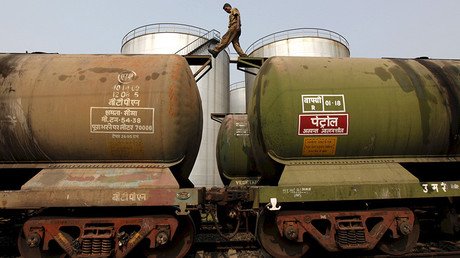A new report by Deloitte suggests India is to rise as an economic powerhouse driven in part by its young population. China and the Asian Tigers face the biggest challenge from the impact of aging on growth, it said.
According to the report, Asia’s population is rapidly aging, and by 2042 there will be more over-65s in Asia than people in the eurozone and North America combined.
“There are already more over-65s in Asia than there are people in the United States,” said Deloitte, adding the number of individuals aged 65 and over in Asia will climb from 365 million today to more than half a billion in 2027.
India’s potential workforce will grow from 885 million to 1.08 billion people in the next 20 years and hold above that for half a century. The country will drive the third great wave of Asian growth, following the rise of Japan and then China in the past decades.
"India will account for more than half of the increase in Asia’s workforce in the coming decade, but this isn’t just a story of more workers: these new workers will be much better trained and educated than the existing Indian workforce," said Anis Chakravarty, an economist at Deloitte India.
He added that "there will be rising economic potential coming alongside that, thanks to an increased share of women in the workforce, as well as an increased ability and interest in working for longer.”
“The consequences for businesses are huge," the economist concluded.
The report suggested other Asian economies such as Indonesia and the Philippines, which have relatively young populations, will experience similar growth.
Meanwhile, the economies of China, Hong Kong, Taiwan, Korea, Singapore, Thailand and New Zealand will strongly feel the impact of their aging populations, the study forecast.
"As China's population is ten times that of Japan, and given that China doesn't yet have a sound social security system, there's a chance that aging could lead to a lower saving rate and a higher inflation rate, declining growth, a worsening government budget deficit, and pressure on its property and financial markets," said Sitao Xu, Deloitte China Economist.


